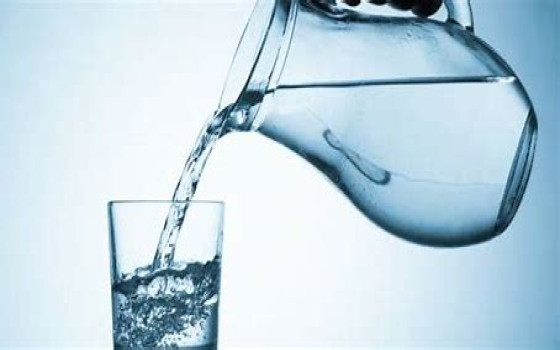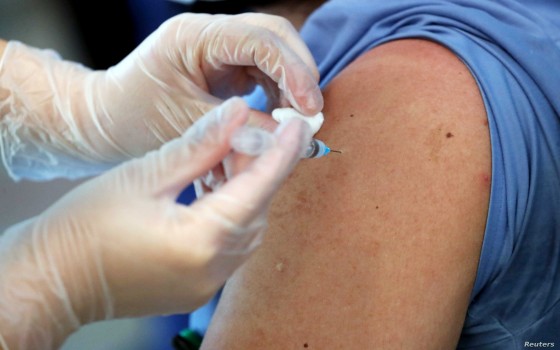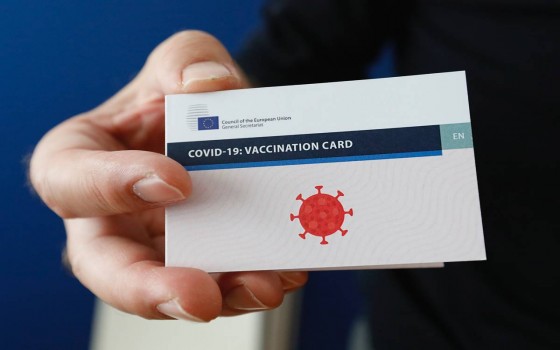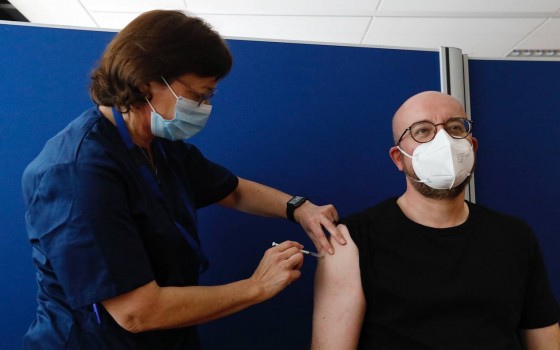
UN report: Improving access to water and sanitation saves 1.4 million lives annually

- Europe and Arabs
- Sunday , 2 July 2023 15:23 PM GMT
Brussels-New York: Europe and the Arabs
A new World Health Organization report says that improving access to safe drinking water, sanitation and hygiene could have prevented at least 1.4 million deaths in 2019. According to the UN newsletter, of which we received a copy.
The report, which was published at the end of the week, indicated that half of the world's population still lacks access to these services.
Dr Maria Neira, Director of the Department of Environment, Climate Change and Health at the World Health Organization, said that investing in these services has become more important than ever, given the increasing health risks related to water, sanitation and hygiene that we are currently witnessing in conflict zones, and the emergence of antimicrobial resistance. resurgence of cholera hotspots, and long-term threats from climate change.
Despite the improvements in water, sanitation and hygiene services over the past ten years, "progress is patchy and insufficient," according to the UN official.
Diarrhea and respiratory infections
The WHO report provides an update to 2019 estimates of the burden of disease attributed to unsafe drinking water, sanitation and hygiene in 183 countries.
The estimates are based on four health outcomes - diarrhoea, acute respiratory infections, nutritional deficiencies and soil-transmitted helminths.
Diarrheal disease caused most of the deaths attributed to water (more than a million deaths), while acute respiratory infections caused by inadequate hand hygiene came in second place, being associated with about 356,000 deaths.
Among children under the age of five, diseases linked to unsafe water, sanitation and hygiene caused 395,000 child deaths – 7.6 percent of all child deaths.
The report indicated that diarrhea and acute respiratory infections are the two most important infectious diseases that cause death in children under the age of five worldwide.
Recommendations
To reduce the burden of disease that can be attributed to water, sanitation and hygiene, WHO has urged governments to take the following actions:
Radically accelerate action to make water, sanitation and hygiene a reality for all.
Focus efforts on the poorest and most disadvantaged because disease burden is largely driven by insufficient access to water services in low- and middle-income countries.
Adapting national surveillance systems to improve data on population exposure to safely managed services.












No Comments Found